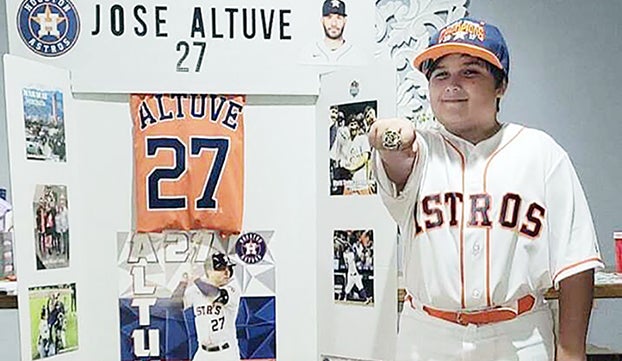Commemorate the good September 11
Published 8:04 am Saturday, September 10, 2016
Editorial by Tom H. Hastings
Here it comes—the marking of another year living with the memories and influences of September 11, 1906.
Excuse me? 1906? Don’t I mean 2001? Indeed, when we say “September 11” in the US, it is shorthand for the heinous attacks on that day in 2001. However,September 11 means something special and good in the annals of my field of Conflict Transformation. It’s the day strategic nonviolence began its assault on the institution of war.
On September 11, 1906, Mohandas Gandhi stood to speak in the Imperial Theater in white-ruled South Africa, a society completely grounded and awash in blatant, “legal” racism. Gandhi–those old enough to have seen the 1982 Hollywood version of his life may remember the scene—stood in a crowded theater and explained the new odious racial laws that ruled Hindu marriages void, that allowed police to enter the home of any Indian without a warrant or permission, and that required each Indian to carry a pass at all times.
The theater erupted into shouts of defiance, including threats to kill any policeman who so insulted a Hindu wife. Gandhi expressed admiration for such determination and willingness to fight for justice. Then he said that this was a cause “for which I would die, but there is no cause for which I would kill.”
That vow guided his movement to victory in South Africa, then to the liberation of India, and it became the discipline for the decolonization of British Gold Coast (which reverted to Ghana), as well as Zambia (formerly part of Rhodesia), then the Philippines in 1986, the Velvet Revolution in Eastern and Central Europe, and the “colored revolutions” to Arab Spring and we see thousands of other such campaigns around the world ever since Gandhi first identified it as a method of insurrection. Nonviolent insurgency succeeds faster and twice as often as does armed rebellion, and obviously with a tiny fraction of the costs in blood, treasure, and ecological damage.
So it has been 110 years—why hasn’t war ended if nonviolence is so effective?
Since we’ve been studying nonviolence approximately one percent as long as we’ve studied war (which archeologists tell us began approximately 11,000 years ago with the first walled cities as a result), let’s marvel rather at how quickly nonviolence has proven itself superior—much more gain for much less pain.
And let’s hope future insurrections are waged with the methods from 1906 rather than 2001.
Tom H. Hastings is Founding Director of PeaceVoice.





